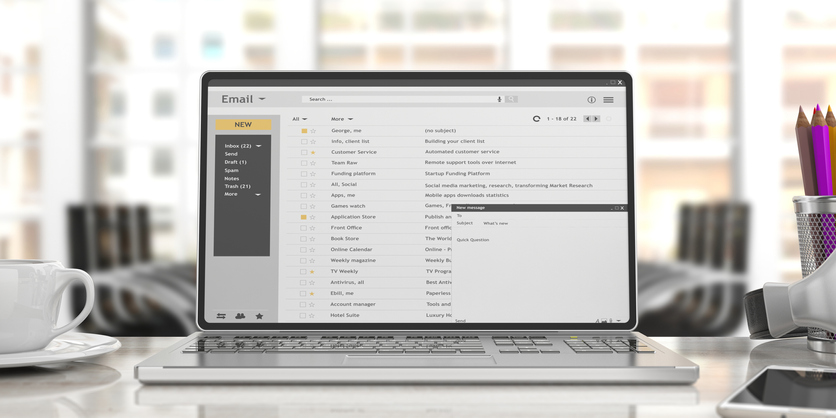How will emails affect your divorce in Louisville or Jefferson County? Most of us rely upon email as a primary means of communication. If you are considering a divorce or are in the midst of a divorce in Louisville or Jefferson County you need to consider a few things regarding emails, as well as texts, instant messaging, social media and other written forms of electronic communication.
Emails have brought profound impact upon many divorce proceedings here in Louisville and one should be cautious about the tone and substance of any communication with a former spouse, especially over a period of time. This is particularly true in the area of co-parenting, child custody and parenting time. Emails with a harsh tone or with threatening content over a period of time may be used against you and prejudice a judge’s perspective on your ability to co-parent and ultimately the child custody orders in your case.
Many parties continue to live in the same household during the course of a divorce in order to save money. If this is the case you should consider immediately changing your passwords and use a password/character combination you have never used before. Disable auto-save options for login/passwords in your email browser and from every access point.
It is also not a good idea to email from work, especially if you own a business together. If you work for an employer, your email is not private and your personal business is, well, not your personal business in a work context. Be cautious when you blind copy (BCC) third parties as this can compromise connections you wish to keep private as well as the attorney-client privilege.
How will emails affect your divorce in Louisville or Jefferson County? Emails are often “discoverable” through subpoena and you should write every email as if it would be viewed in open court. Resist the temptation to email when you are agitated, have consumed alcohol or other medication. We invite you to contact the proven Louisville divorce attorneys at Dodd & Dodd or call 502-584-1108 to schedule an appointment. Learn about the protections of the attorney-client privilege and the best strategies for communicating during your divorce.





